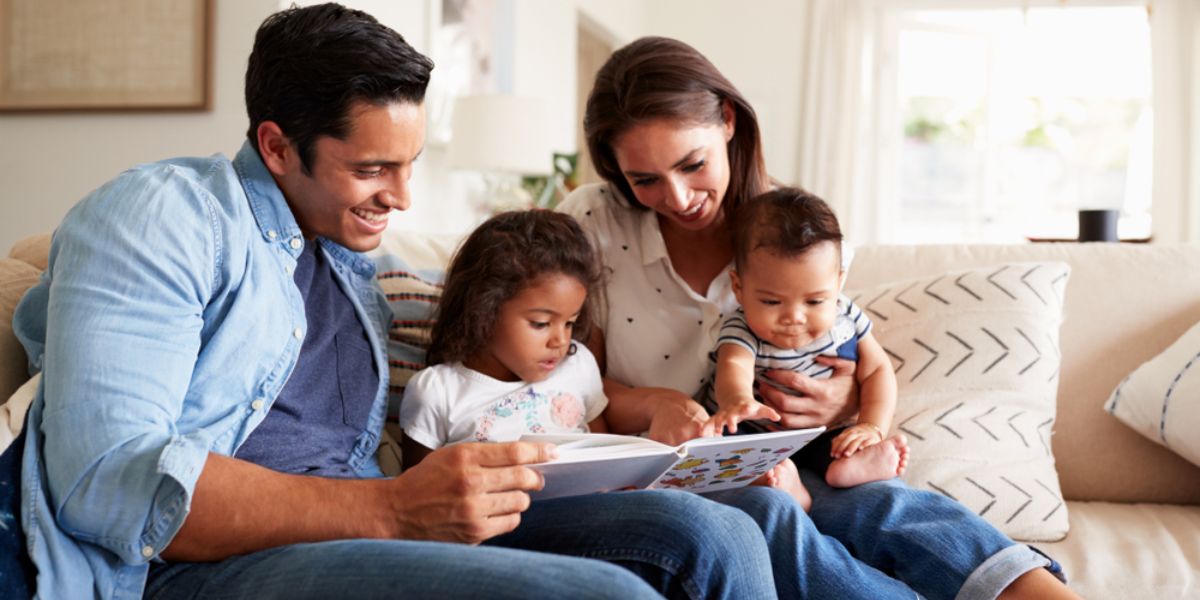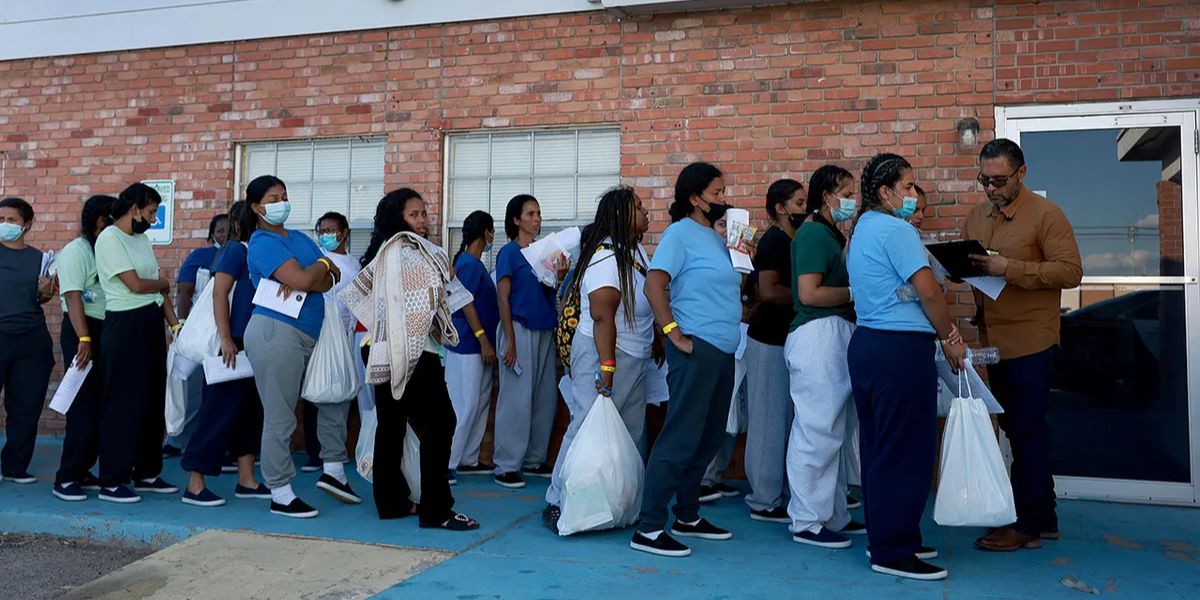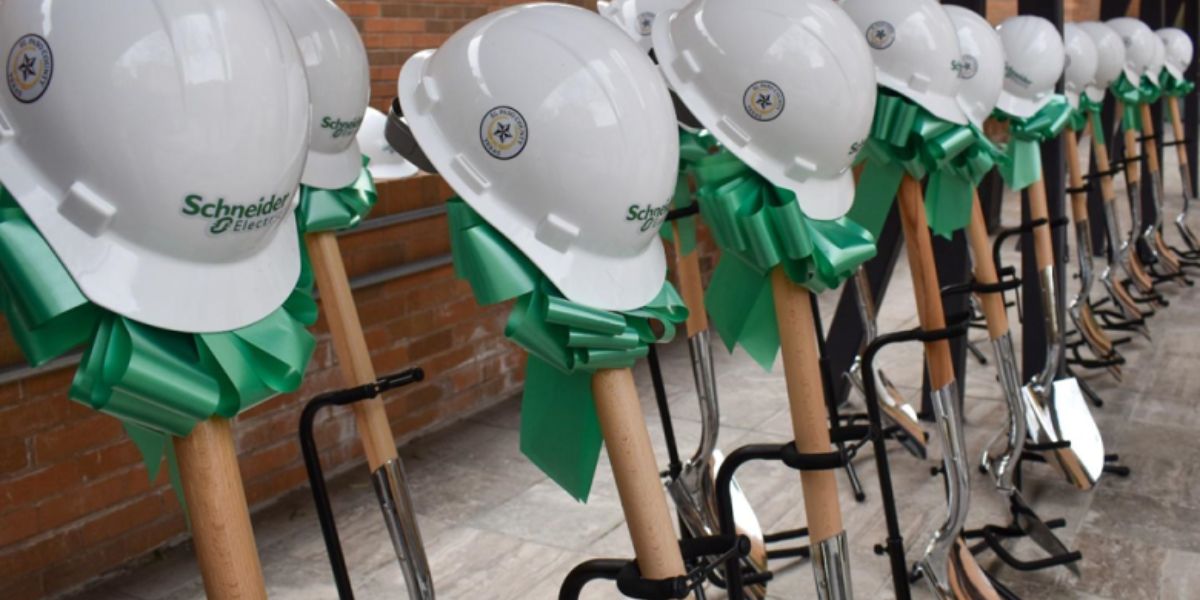El Paso, TX – After a family experiences trauma — whether from violence, loss, or a major life disruption — recovery is rarely a straight path. Emotional wounds can linger, daily rhythms are disrupted, and a sense of normalcy feels distant. Yet, according to family resilience experts in El Paso, one of the most effective tools for healing is also one of the simplest: routine and stability.
When families rebuild consistent patterns in their daily lives, they restore a sense of safety, predictability, and control — all of which are crucial for emotional recovery and long-term well-being.
Table of Contents
Why Routine Matters After Trauma
Trauma shakes the foundation of security. For families, especially children, the aftermath can feel like living in uncertainty. Regular schedules — meals at the same time, bedtime routines, or even shared chores — signal that life continues and safety is returning.
As Miguel Ortega, a family resilience planner and support practitioner based in El Paso, explains:
“Routine gives structure to chaos. When families know what to expect, they begin to relax again — their minds and bodies finally believe they’re safe.”
This isn’t just psychological. Studies from the National Child Traumatic Stress Network show that predictable routines help regulate the nervous system, reducing anxiety, improving sleep, and fostering emotional stability in both children and adults.
The Science Behind Stability
When trauma occurs, the brain’s alarm system — the amygdala — stays on high alert, preparing the body for danger even after the threat has passed. Routines act like emotional anchors, signaling to the brain that the crisis is over and that it’s safe to reestablish normal life.
Simple daily habits — breakfast together, walking the dog, or reading before bed — send powerful messages to the body’s stress systems: you are home, you are safe, and life is moving forward.
“Healing doesn’t always require big gestures,” Ortega says. “Sometimes it’s the quiet, repeated actions that tell our hearts we’ve made it through.”
Creating Routines That Heal
Establishing routine after trauma doesn’t mean forcing perfection or pretending everything is fine. It’s about small, consistent steps that bring calm and connection. Experts recommend:
- Start with one routine at a time. Choose manageable habits like family dinner or nightly check-ins.
- Keep routines flexible. Trauma recovery is unpredictable — structure should support healing, not add pressure.
- Involve children in planning. Giving kids choices (like picking bedtime stories or setting meal menus) restores their sense of agency.
- Balance structure with rest. Families need stability, but also grace — space for emotions to surface and be processed.
In El Paso, organizations like Familias Unidas and Project Vida help families rebuild these rhythms through counseling, parenting classes, and home-visitation programs. Their trauma-informed approach focuses on restoring trust, communication, and shared responsibility.
Stability as Emotional Safety
Beyond daily routines, stability also means emotional reliability. Children recovering from trauma need reassurance that caregivers are emotionally present and dependable. Adults, too, benefit from consistent emotional patterns — calm communication, predictable responses, and ongoing support.
“Stability isn’t just about time schedules,” Ortega notes. “It’s about emotional consistency. Kids need to know that love, patience, and attention won’t disappear when stress rises again.”
Families that maintain open communication and emotional attunement are more likely to rebuild resilience and prevent the return of harmful coping behaviors, such as avoidance, aggression, or withdrawal.
How El Paso Families Are Rebuilding Through Structure
In West Texas communities, local nonprofits and schools are incorporating structured recovery programs into their family services. The El Paso Family Resilience Initiative, for instance, provides families with weekly sessions focused on mindfulness, stress regulation, and establishing practical daily routines.
These programs emphasize cultural and community values — shared meals, neighborhood gatherings, and intergenerational caregiving — as stabilizing forces. Such culturally grounded approaches remind families that routine isn’t just individual; it’s collective care in action.
One mother who participated in the program shared:
“After the hardest year of our lives, we started with one thing — breakfast together. It was small, but it brought us back. That one habit turned into laughter, planning, and healing.”
The Role of Community Support
Communities play a crucial role in sustaining family stability. Local schools, churches, and nonprofits provide safe spaces for connection and continuity — after-school programs, meal deliveries, or group counseling sessions that help families stay engaged and supported.
When neighborhoods act as extensions of the home, families recovering from trauma feel less alone and more capable of maintaining consistency. This kind of community network is especially vital in border cities like El Paso, where economic challenges and cultural diversity shape how families rebuild after hardship.
Moving from Survival to Strength
Recovery from trauma doesn’t happen overnight, but each structured day helps families move from surviving to thriving. Over time, routines become more than schedules — they become symbols of progress and evidence of resilience.
“Every morning you get up and keep going, you’re rewriting the story,” Ortega says. “Routine is the quiet proof that healing is happening.”
In El Paso and across Texas, families rebuilding through consistency and compassion show that resilience isn’t about forgetting the past — it’s about creating stability strong enough to carry the future.
What do you think?
Have you found structure or daily habits helpful in coping with stress or loss? Share your thoughts or personal experiences in the comments below and explore more family recovery resources at reachviolenceprevention.org.









